A brief history of American slaves who fled to Mexico
Describing Mexican heritage can be...complicated. Most of the discourse concentrated around Mexican descent focuses on the blend of indigenous blood with that of the European conquistadors. Afro-Latino narratives are typically concentrated in the Caribbean: Puerto Ricans, Dominicans, Cubans etc. However, it is important to note the influence of African descendants still present today in Mexico.
The indigenous groups Kickapoos and the Mascogos both share a history North of the border. Both groups were descendants of escaped African slaves who intermarried in Spanish Florida before it was annexed in the early 1800’s. However, due to the length of linguistic history, only the Kickapoos are classified as an indigenous tribe in Mexico, affording them at least partial protection and financial assistance. The newer tribe, Mascogos are preserving what is left of their culture all on their own.
Because of the Afro/Indian mixed heritage, Black Seminole natives were considered “indigenous” under U.S law and avoided the “Negroe” label. However, they were unable to escape the “Negroe” treatment, in which Seminole natives were kidnapped and sold into slavery with little intervention from the systems in place charged with protecting them.
Juan Caballo, a war leader of the Seminole tribe led his people South of the border into Mexico where they were met with an economically damaged Mexico that was still recovering from the U.S invasion of the 1840’s. In return for military service and the securing of the Northern border, Mexico granted land to the Seminoles, now called Mascogos. The Mascogo tribe settled into Coahuila where some tribe members live and practice their customs today.
Many Mascogos were lured back to the North after slavery ended and were assimilated into Mexican-American or Afro-American communities. Others chose to stay.
For those who chose to stay, the fight to preserve their culture lives on, 160 years after their arrival in Mexico. Though the tribe has diminished throughout the years, the Mexican government has granted the Mascogo tribe formal recognition as a Mexican ethnicity. After all, what is more Mexican than defiance and resistance in the face of adversity?
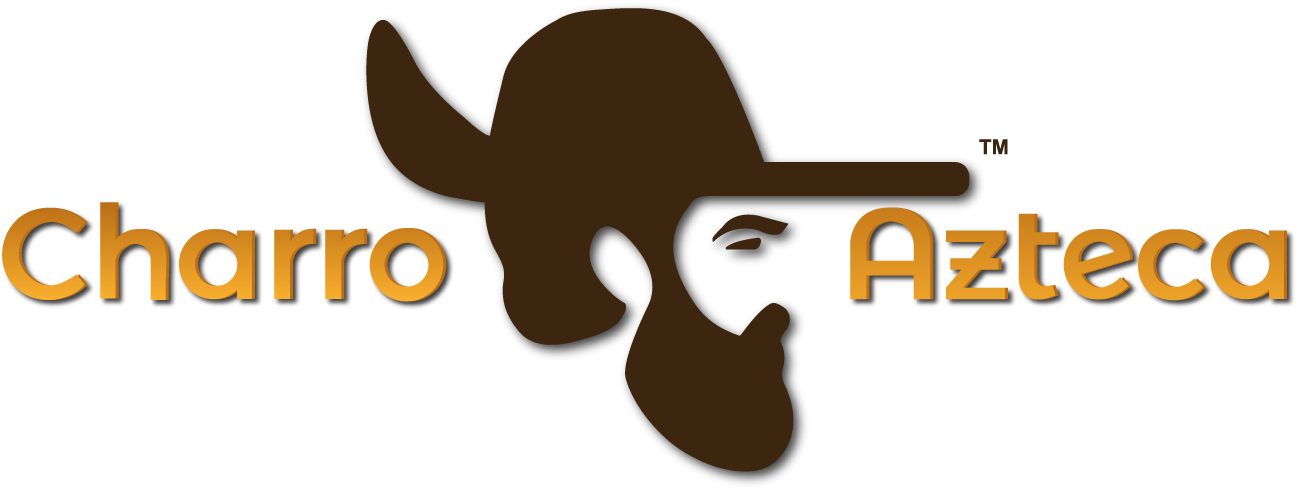



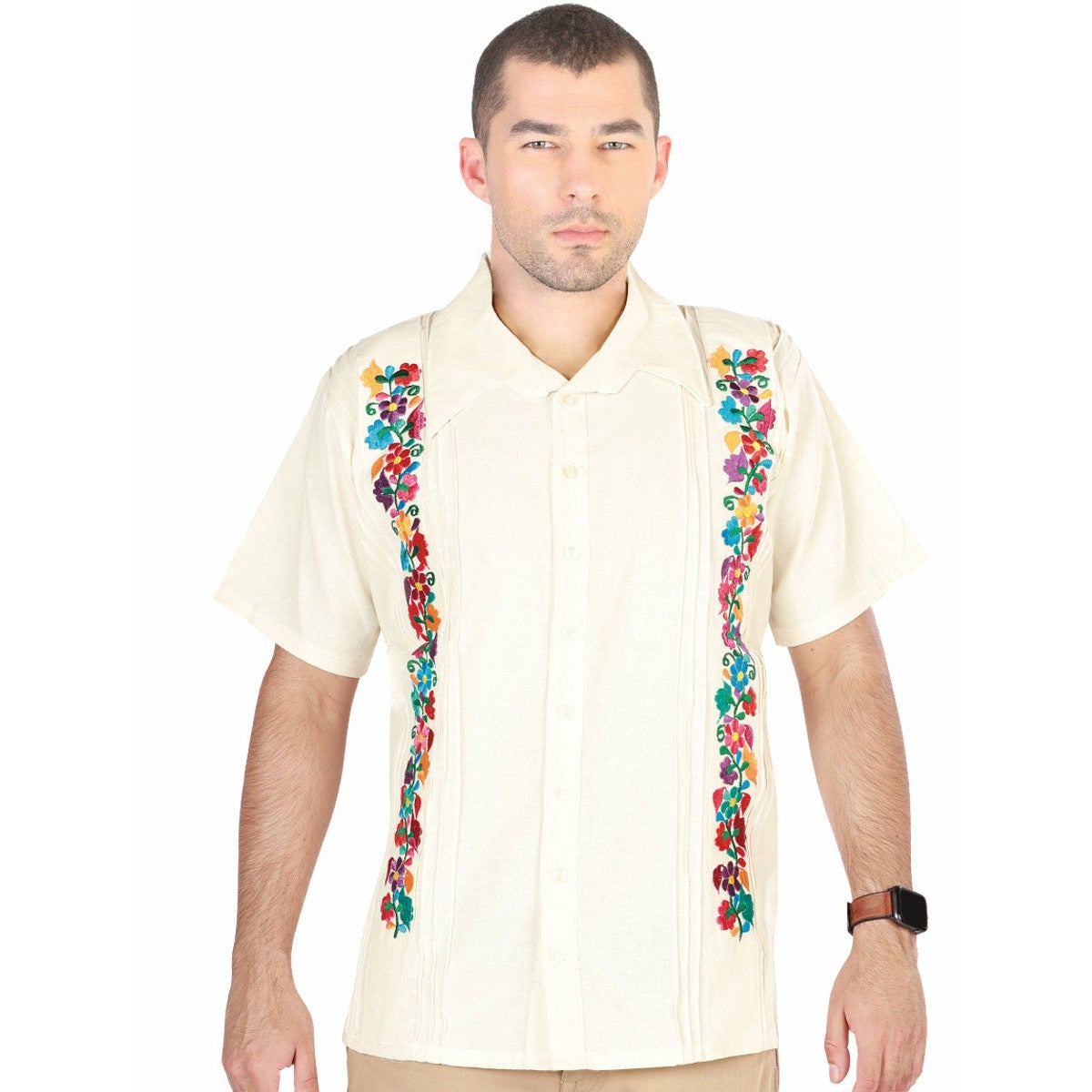


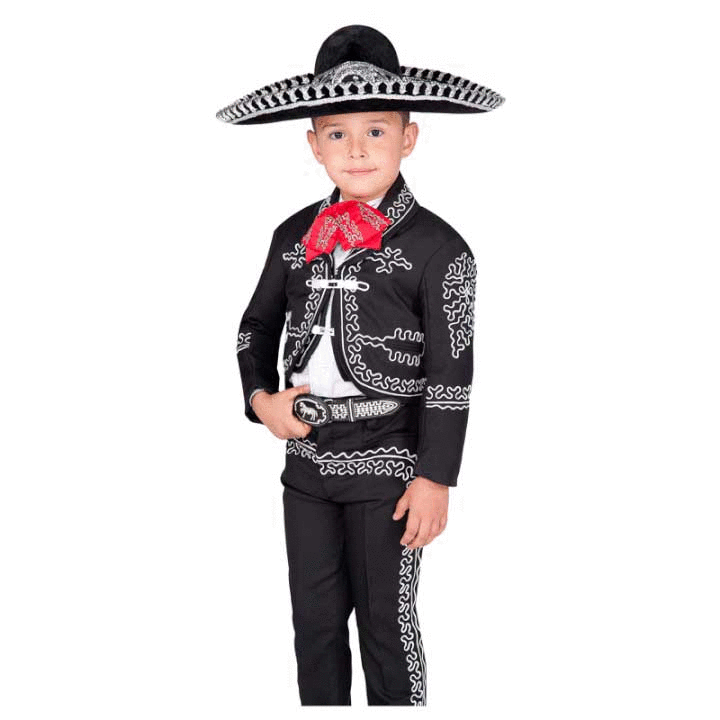

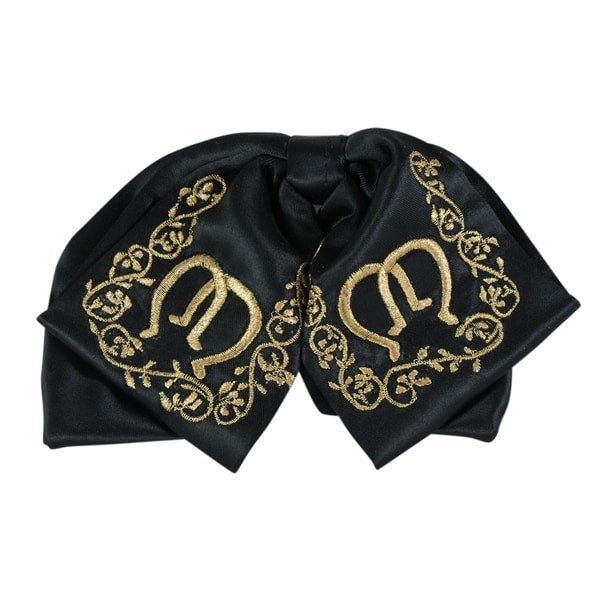
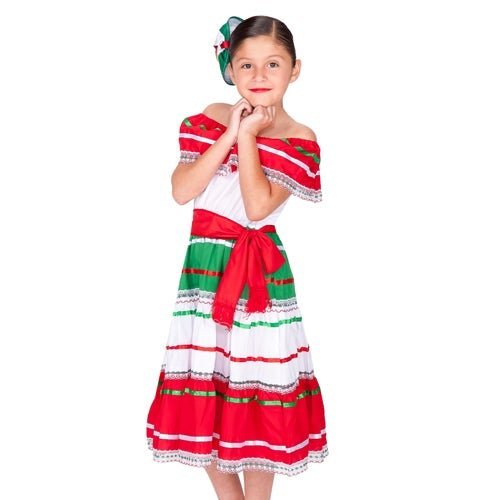

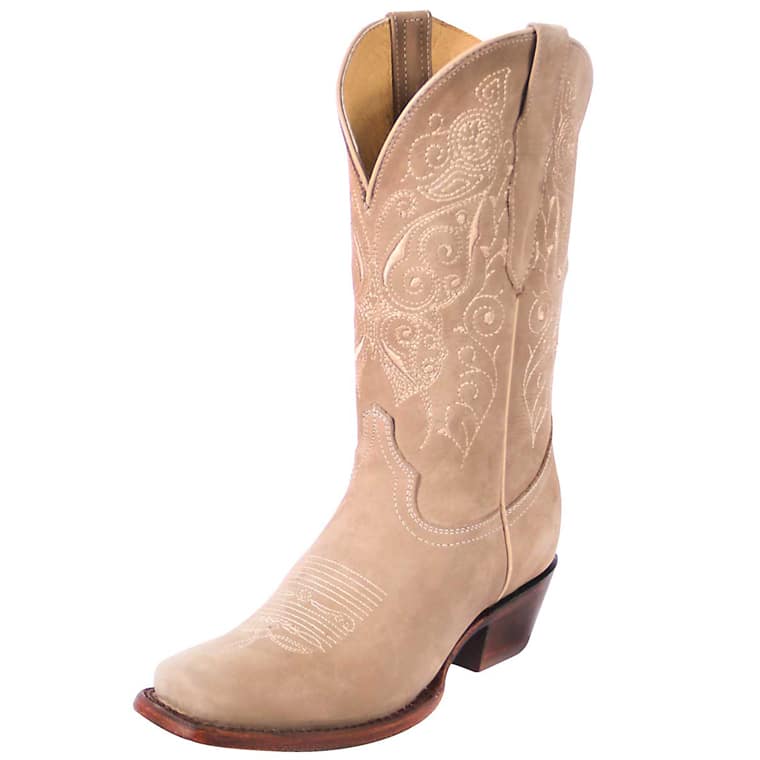

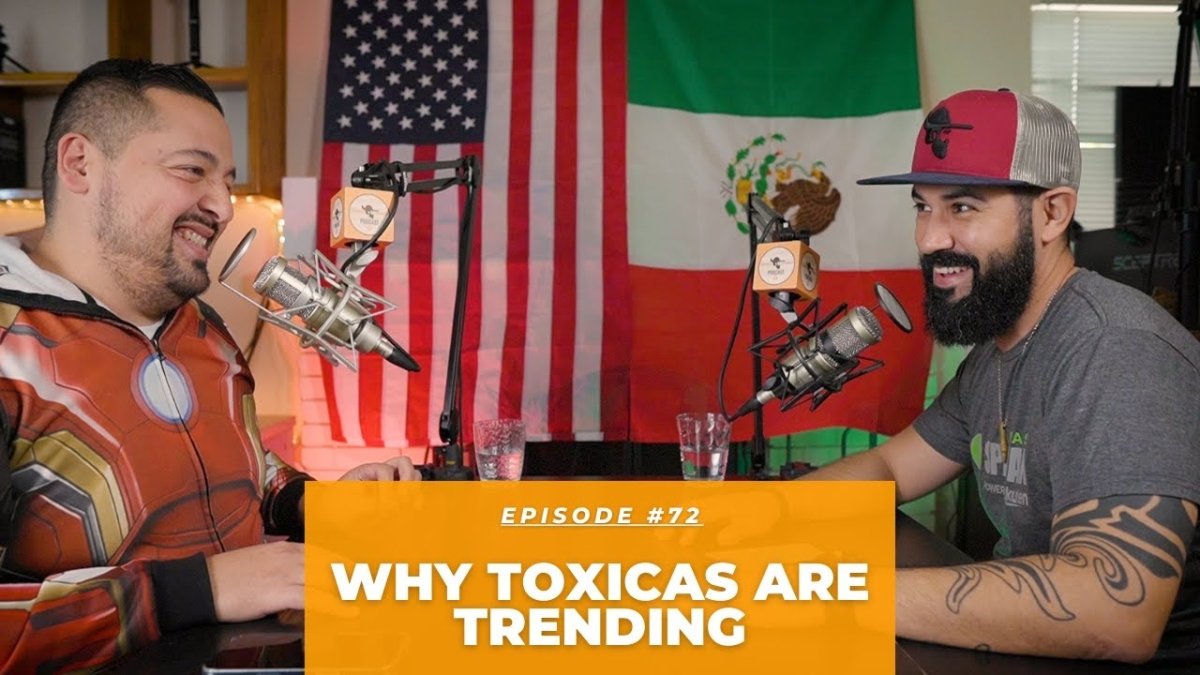
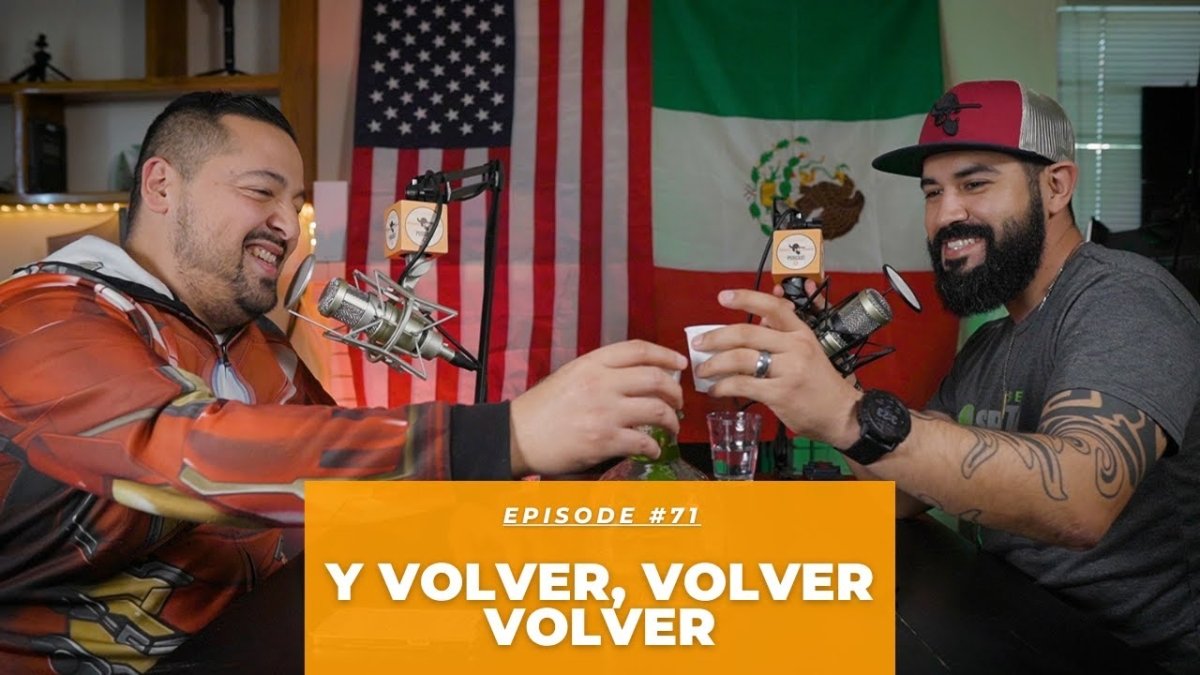
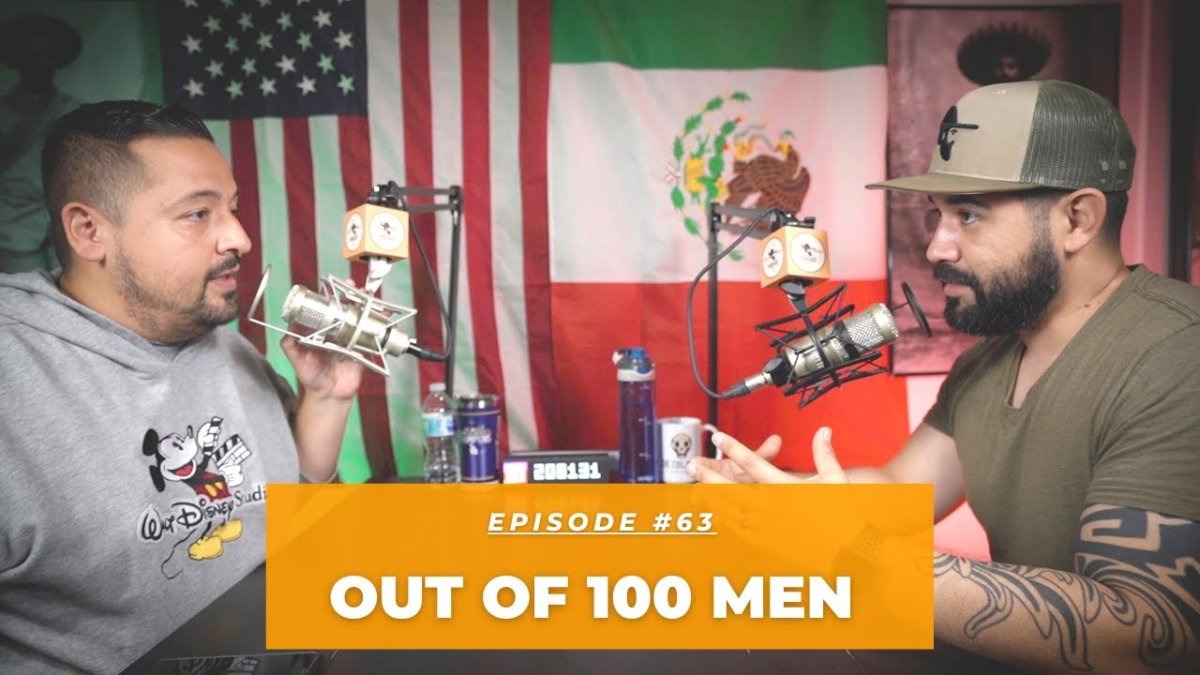

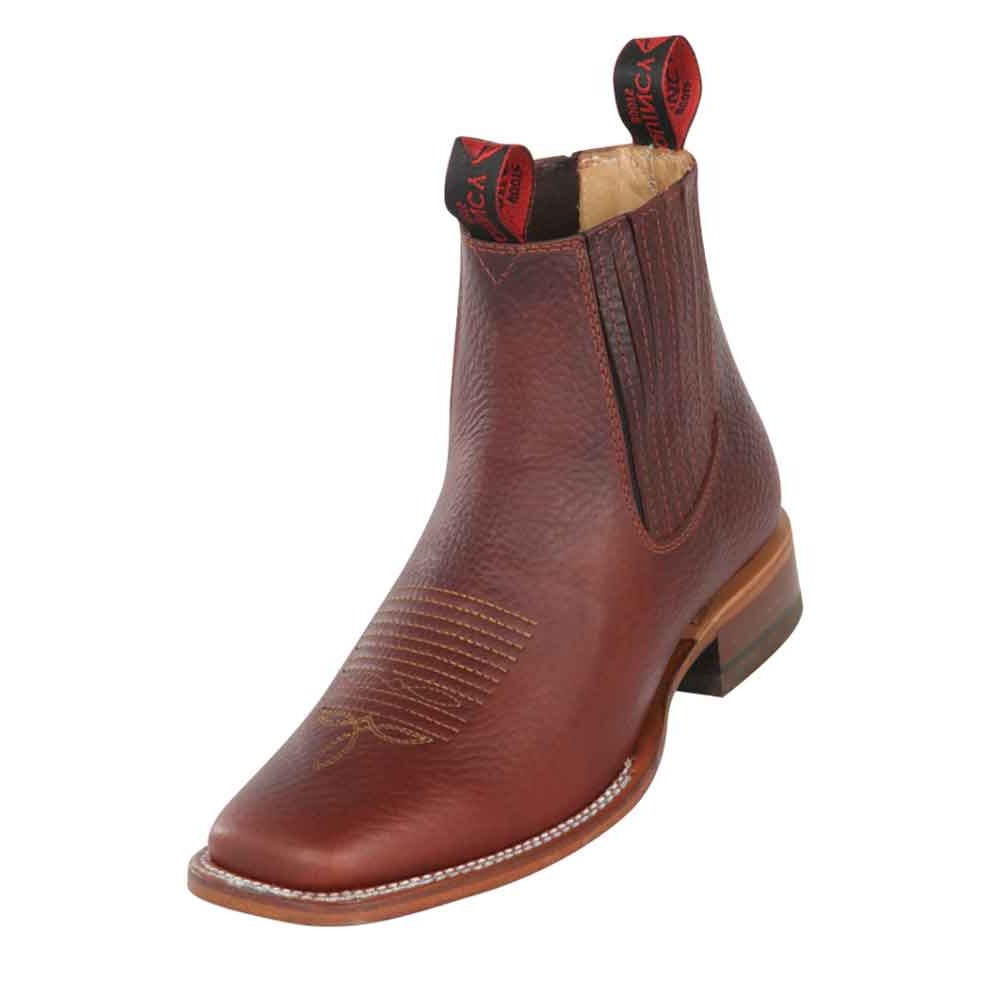


Como se puede comunicar- creo que Mi Mamá y antecedentes son de este tribunal.
Leave a comment